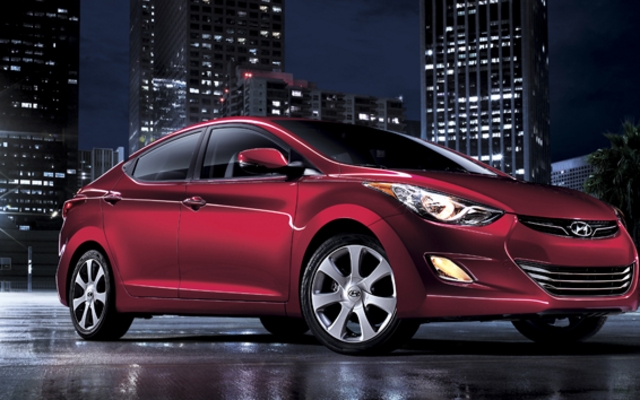As the proud owner of a Hyundai car, you want to ensure that your vehicle remains in optimal condition for years to come. Regular maintenance is essential to keep your car running smoothly and avoid any unexpected issues down the road.
In this blog post, we will provide you with a comprehensive guide to the Hyundai Car in Melbourne maintenance schedule, so you can take better care of your beloved vehicle.
Why is Regular Maintenance Important?
Regular maintenance is crucial for several reasons. First and foremost, it helps identify and address potential problems before they turn into major issues. By following the Hyundai maintenance schedule, you can stay on top of routine inspections and repairs, ensuring that your car remains in good working order. Additionally, regular maintenance can help improve fuel efficiency, extend the lifespan of your Hyundai, and maintain its resale value.
Understanding the Hyundai Maintenance Schedule
Hyundai provides a detailed maintenance schedule for each of its models, outlining the recommended maintenance tasks and intervals. This comprehensive guide is designed to help you keep track of the necessary maintenance for yourHyundai car. It covers various aspects, including oil changes, tire rotations, filter replacements, brake inspections, and more.
Service Intervals: Key Milestones
The Hyundai maintenance schedule is typically divided into two categories: normal and severe driving conditions. While the specific tasks may vary based on your model and mileage, here are a few key milestones to keep in mind:
- Every 3,000 to 7,500 Miles: Regular oil changes are essential for proper engine lubrication and performance. The interval may vary depending on the type of oil used and driving conditions. During this service, other vital components, such as filters and fluids, may also be inspected or replaced.
- Every 15,000 to 30,000 Miles: At these intervals, routine maintenance tasks typically include tire rotations, brake inspections, and air filter replacements. Fluid levels, battery condition, and the overall condition of the vehicle may also be checked.
- Every 60,000 Miles: This is a significant milestone where more extensive maintenance may be required. It often includes services such as transmission fluid changes, spark plug replacements, and timing belt inspections.
Remember, these are just general guidelines. It's essential to refer to your specific Hyundai model's maintenance schedule for precise recommendations.
Benefits of Following the Maintenance Schedule
Adhering to the Hyundai maintenance schedule offers several benefits for you and your Hyundai Car Melbourne and beyond. Some of these advantages include:
- Improved Performance: Regular maintenance helps keep your car running smoothly. Properly lubricated engines, clean filters, and well-maintained systems contribute to enhanced performance and efficiency.
- Enhanced Safety: Routine inspections and maintenance tasks, such as brake checks, contribute to safer driving. Identifying potential issues early on helps prevent accidents and ensures your vehicle is roadworthy.
- Longevity and Resale Value: Regular maintenance can extend the life of your Hyundai and maintain its resale value. A well-maintained vehicle often garners a higher selling price when the time comes to upgrade.
- Warranty Coverage: Following the Hyundai maintenance schedule is essential to fulfilling warranty requirements. Neglecting scheduled maintenance may void warranty coverage, leaving you responsible for repair costs.
Finding a Trusted Service Centre
While you can perform some basic maintenance tasks yourself, it's crucial to find a trusted service centre for more complex procedures or when in doubt. Hyundai dealerships often have certified technicians who specialise in Hyundai cars and have access to specialised tools and equipment.
When choosing a service centre, consider factors such as expertise, reputation, and customer reviews. Look for a facility that has experience working with Hyundai cars and offers excellent customer service. A trusted service centre will help ensure that your vehicle receives the best care and attention.

Conclusion
Following the Hyundai maintenance schedule is essential for keeping your Hyundai Car Melbourne in top shape. Regular maintenance not only helps identify potential issues early on but also contributes to improved performance, enhanced safety, and the longevity and resale value of your vehicle. By adhering to the recommended maintenance tasks and intervals, you are taking an active role in ensuring your Hyundai continues to provide a smooth and enjoyable driving experience for years to come. Choose responsible maintenance, choose a well-maintained Hyundai car.
Source: Hyundai Maintenance Schedule: A Guide to Keeping Your Car Running Smoothly



